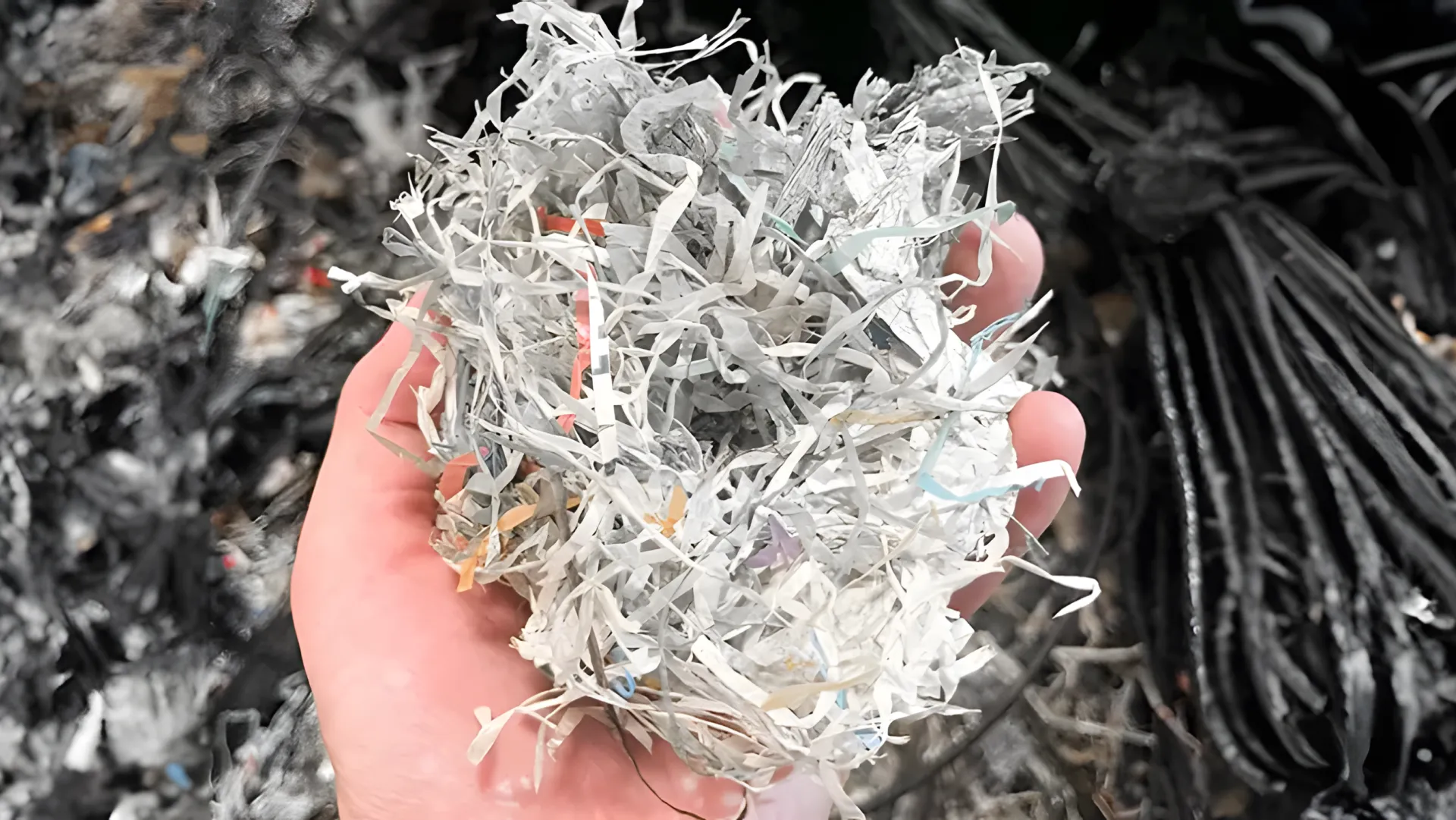Polypropylene (PP) bags, commonly found in various industries, are known for their durability, lightweight nature, and resistance to moisture. These bags, including woven bags and bulk bags, play a significant role in packaging and transportation. However, as the use of PP bags increases, so does the environmental concern related to their disposal. In this article, we’ll dive deep into how to recycle polypropylene bags effectively, from collection to pelletization, and explore ways to minimize their environmental impact.
Understanding Polypropylene Bags
Polypropylene bags are a collective term for various bags made from PP, a type of plastic that can be molded into different shapes and structures. These bags are versatile, used in agriculture, construction, and many other industries. The manufacturing process of PP bags involves several steps, including extrusion, weaving, coating, and finally, cutting and sewing. Each step contributes to the bag’s final properties, making it sturdy and long-lasting.
How to Recycle Polypropylene Bags
1. Collecting and Sorting
The first step in recycling polypropylene bags is to collect them from factories, waste programs, or other sources. It’s crucial to sort these bags to remove any contaminants or non-PP materials like nylon straps or labels. Proper sorting ensures a higher quality of recycled material.
2. Cutting
Once collected, the PP bags are cut into smaller pieces. This step is essential for the subsequent washing and drying processes, as smaller pieces are easier to clean and process.
3. Washing and Drying
The cut PP pieces are then washed to remove impurities such as dirt, oils, and other contaminants. After washing, the pieces are dried, reducing their moisture content to around 3-5%. This step is crucial to ensure the quality of the recycled material.
4. Pelletizing
The final step in recycling polypropylene bags is pelletizing. This involves melting the cleaned and dried PP pieces and extruding them into small pellets. These pellets can be reused in the production of new PP products, completing the recycling loop.

Benefits of Recycling Polypropylene Bags
Recycling polypropylene bags offers numerous environmental benefits. It reduces the need for virgin plastic production, conserving energy and resources. Moreover, recycling PP bags lowers carbon emissions compared to producing new plastic materials. By turning waste into valuable resources, recycling contributes to a more sustainable and circular economy.
Tips for Effective Recycling
- Pre-crushing: For post-consumer PP woven bags, consider pre-crushing them to facilitate the recycling process, especially when using a cutter-compactor type recycling machine.
- Thorough Cleaning: Ensure a thorough washing and drying process for post-consumer bags to maintain the quality of the recycled pellets.
- Quality Control: Remove any non-PP materials, such as nylon straps or labels, before the recycling process to prevent contamination of the final product.
Concluzie
Polypropylene bags, including woven and bulk bags, are widely used across various industries. While they are highly reusable, recycling them at the end of their life cycle is crucial to minimizing environmental impact. By following the steps outlined in this guide—collecting, sorting, cutting, washing, drying, and pelletizing—you can effectively recycle PP bags and contribute to a more sustainable future.
If you’re interested in recycling PP bags, assessing the condition of your waste and selecting the appropriate recycling machinery is key. For expert advice or machinery recommendations, don’t hesitate to reach out.
Remember, every step you take towards recycling polypropylene bags not only helps reduce waste but also supports a healthier planet.



